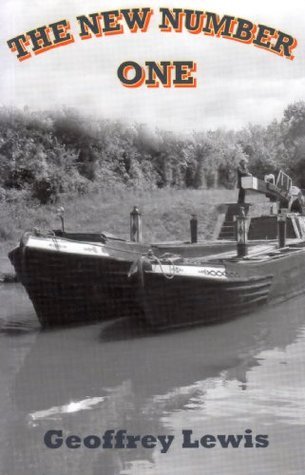What do you think?
Rate this book


The third volume of the Michael Baker series begins in 1948: The reality of life on Britain’s nationalised waterways is affecting the families who live and work on the canals. More changes threaten as a post-war world raises new demands for faster, cheaper transport, and old ways become out-moded as business and industry look to a different future.
Against this shifting backdrop, Michael and Harriet, Ginny, Carrie and Alby Baker together with other characters familiar from the last two volumes of this story carry on their lives, coping with ever more difficult times as the demand for their services slowly declines. But all is not gloom – new traffics are won as old ones are lost, and new carriers appear to take over as others depart…
240 pages, Kindle Edition
First published January 1, 2009